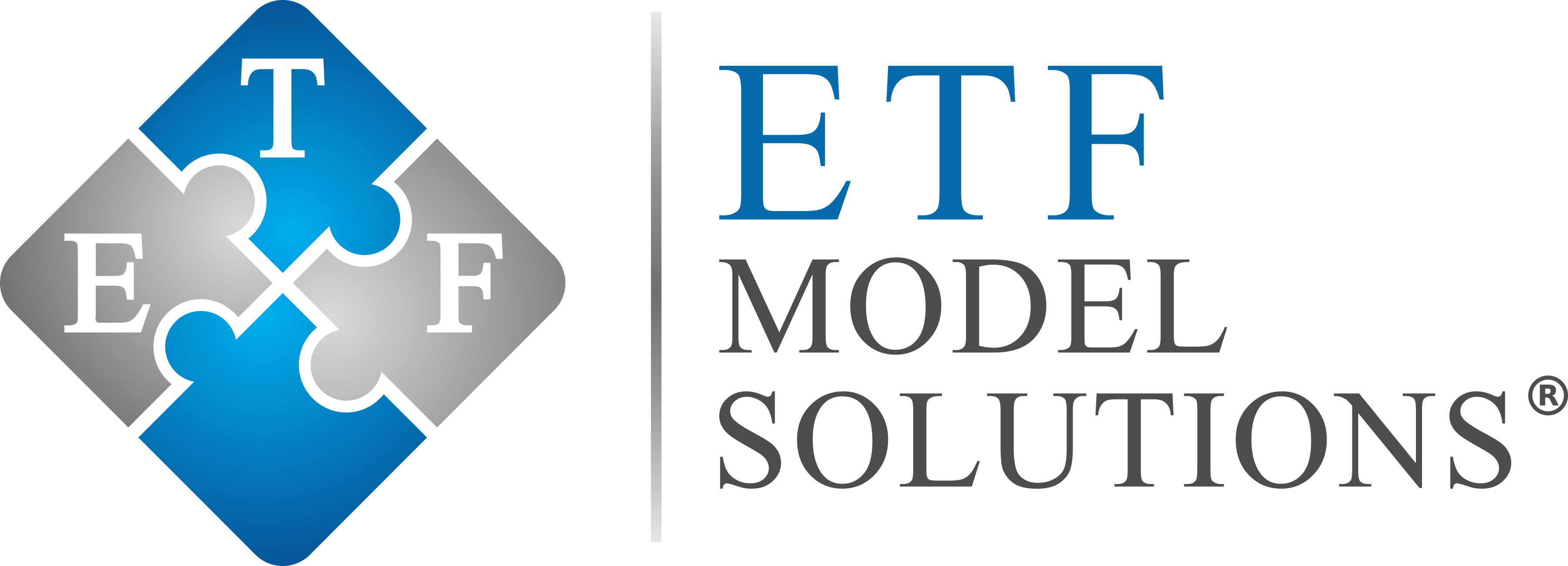Average Mutual Fund Costs
- Home
- Average Mutual Fund Costs
The following table provides the Net Expense Ratio and the Turnover Ratio for all the broad Morningstar Mutual Fund Categories. As you can see, both these ratios are considerably higher than the comparable numbers for Exchange Traded Funds.
For example, the weighted average Expense Ratio for our Global Equity ETF Model is 0.31% vs. 1.46% average for World Stock Mutual Funds. This saving goes directly to augment the investor’s bottom line. You can use this table to compare the costs of your current portfolio to an average Mutual Fund and get an idea of where you stand on the cost curve.
MUTUAL FUND AVERAGE EXPENSE & TURNOVER RATIOS
| NAME/CATEGORY | Prospectus Net Expense Ratio | Turnover Ratio % |
|---|---|---|
| DOMESTIC EQUITY | ||
| US OE Large Blend | 0.94 | 64.9 |
| US OE Mid-Cap Blend | 1.07 | 57.6 |
| INTL DEVELOPED EQUITY | ||
| US OE Foreign Large Blend | 1.01 | 55.17 |
| US OE Foreign Small/Mid Blend | 1.27 | 53.18 |
| US OE Europe Stock | 1.24 | 91.94 |
| US OE Pacific/Asia ex-Japan Stk | 1.37 | 60.53 |
| EMERGING MARKETS EQUITY | ||
| US OE Diversified Emerging Mkts | 1.33 | 63.21 |
| WORLD EQUITY | ||
| US OE World Large Stock | 1.14 | 44.5 |
| DOMESTIC FIXED INCOME | ||
| US OE Short-Term Bond | 0.73 | 101.14 |
| US OE Intermediate-Core Bond | 0.67 | 193.06 |
| US OE Long-Term Bond | 0.7 | 84.13 |
| TARGET DATE FUNDS | ||
| US OE Target Date 2000-2010 | 0.62 | 35.83 |
| US OE Target Date 2015 | 0.67 | 33.40 |
| US OE Target Date 2020 | 0.75 | 37.87 |
| US OE Target Date 2025 | 0.73 | 33.32 |
SOURCE: Morningstar (February 2020)
Compared to ETFs, a mutual fund is generally less tax inefficient, offers less transparency (with respect to holdings), has a higher cost, and is less liquid (can only be purchased/sold at the close of the trading day). ETFs are typically more transparent with respect to their current holdings and can be purchased/sold throughout the trading day.
